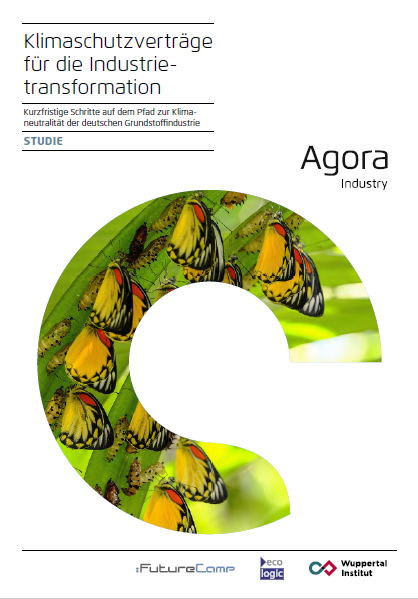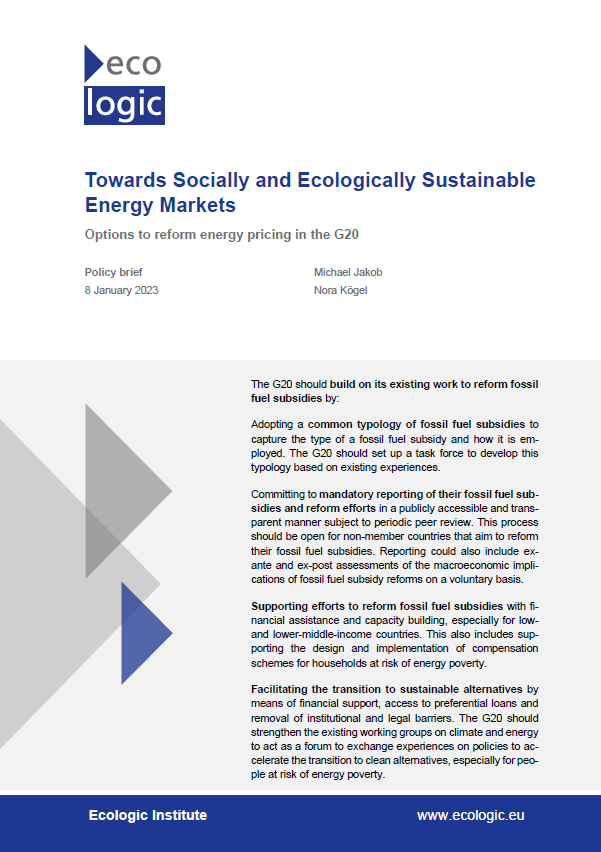High prices for fossil fuels and high electricity prices are currently a burden on industry. On the one hand, electricity-intensive industrial production in Europe should be maintained and the shift of CO2 emissions abroad prevented; on the other hand, the switch to a climate-neutral industry must succeed. In order to achieve the climate targets for the industrial sector, industrial electricity consumers require a particularly high proportion of electricity from renewable sources.
The "Industrial Electricity Price" research project will therefore examine various proposals for providing low-cost electricity from renewable energies for industry on behalf of the German Federal Ministry of Economics and Climate Protection (BMWK). The aim is to ensure the availability of green electricity for industry at stable, favorable prices so that companies can invest in climate-neutral production processes. The analysis focuses on a model proposed by the German Institute for Economic Research (DIW), which envisages the promotion of renewable energy plants and, at the same time, of electricity-intensive industries, in each case with the help of so-called contracts for difference. Default risks are to be assumed by the state so that favorable prices can be ensured and passed on to the industrial companies.
As part of an interdisciplinary research team under the direction of Consentec, Ecologic Institute is responsible for examining energy law issues in the project. The main focus of the project is on
- Legal admissibility of the DIW model within the existing international, European and national legal framework: The focus is on the compatibility with European state aid law, the European regulations on the internal electricity market, and the provisions of the General Agreement on Tariffs and Trade (GATT) concluded within the framework of the WTO;
- Legal evaluation of options for designing the DIW model: Selected designs based on the DIW model are legally examined and evaluated in order to derive political options for action;
- Legal analysis of possible alternatives to the DIW proposal: Selected alternative proposals, e.g., the promotion of power purchase agreements (PPAs) with green power, are examined for their legal feasibility and differences in the legal assessment compared to the DIW model are elaborated;
- Provide ad-hoc advice to the BMWK on current and near-term legal issues related to industrial electricity pricing.






